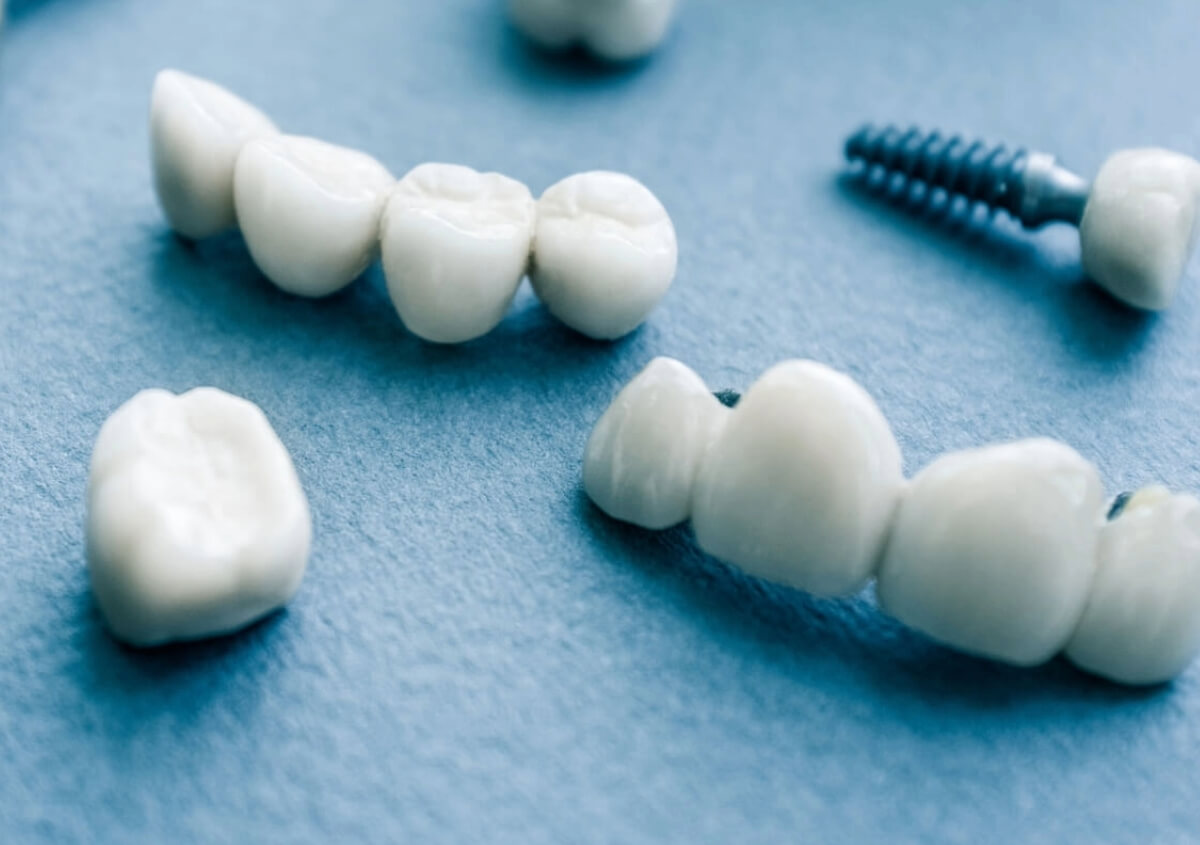
28
Nov
Wondering How To Best Care For Your New Dental Crown? Here Are Some Easy Tips You Can Follow!

When restoring your smile, a dental crown is an incredibly versatile option that can help protect your tooth from further damage or conceal a number of cosmetic imperfections. If your tooth has been weakened due to extensive decay or other damage, a dental crown will allow you to save and protect that tooth from further harm. Positive Image Dental’s team of doctors not only want to inform you about the benefits of dental crown services but also emphasizes their long-lasting durability and how you can take care of them to ensure they are as durable as they should be. Whether you have one or multiple crowns, here are some simple tips you can follow to ensure your crown endures.
Avoid Sticky and Hard Foods
Your new dental crown is strong and durable but not impervious to damage. Your natural teeth are made from enamel, which, according to the Mohs Hardness Scale, is as hard as steel. If your teeth can chip, crack, or break, so can your dental crown. This is why you should avoid chewing on excessively hard items like ice or hard candies (ex. jawbreakers). Chewing on these hard foods can chip, crack, or break your dental crown.
BEFORE AND AFTER RESULTS

Chewy and sticky foods can also lead to issues with your crown, so it is best to limit these foods. Another thing to remember is that the porcelain used to make your crown is stain-resistant. This means it cannot be whitened like your natural teeth. So, if you want to have your teeth whitened, make sure to do so before getting a crown so that your crown will match the shade of your teeth.
Maintain Regular Brushing and Flossing
While the crown may be artificial, the tooth underneath still requires oral care to remain healthy. While your crown does extend down to the gum line, covering the entirety of the tooth’s surface, brushing the crown to remove plaque and bacteria will ensure it remains clean and healthy. Flossing is also very important to ensure bacteria and leftover food particles do not get trapped between the crown and your gum or adjacent tooth.
Eliminate Bad Habits
Do you habitually bite your fingernails? Without even thinking about it, do you chew on hard objects like the tip of a pen or pencil, ice, and other hard objects that easily fit into your mouth? When you get stressed, do you grind your teeth? If you do these things, you need to make an effort to stop. These habits can result in your crown breaking. It can also result in your breaking your other teeth as well. With pencils, they could splinter, and tiny pieces of wood could lodge into your gums.
As you can see, these habits may not seem like a big deal, but they can result in actual damage. If you haven’t attempted to break these habits, now is the ideal time to do so. Your teeth and gums will be the beneficiary of this decision, and you will be protecting the investment of your new crown, too.
These are just a few ways to help your crown remain in great shape as long as it should. For many, dental crowns can last 10-15 years or longer with proper care. If you are ready to learn more about dental crowns, please contact our team at Positive Image Dental by calling (441) 292-2312.





